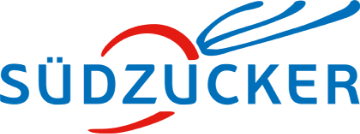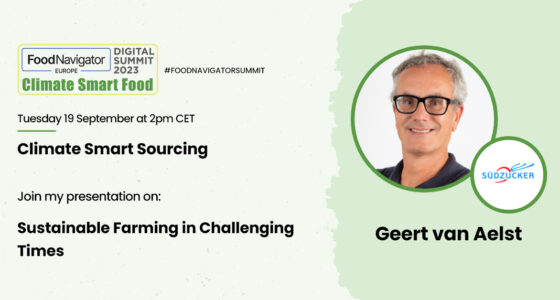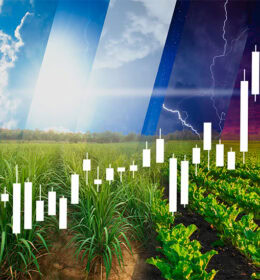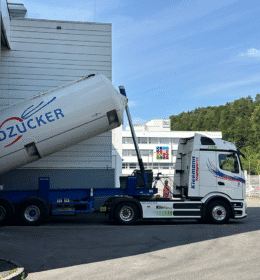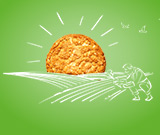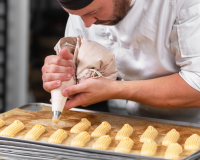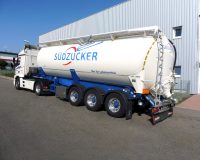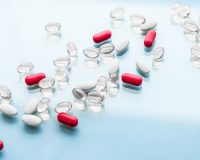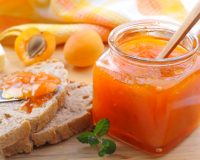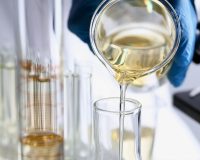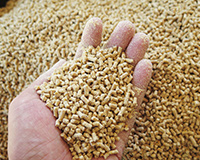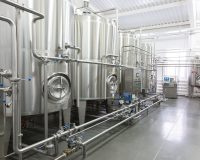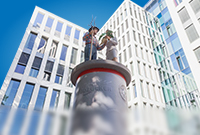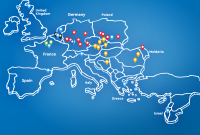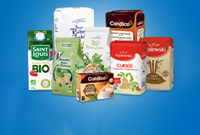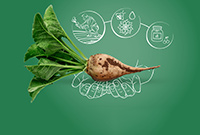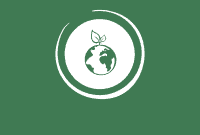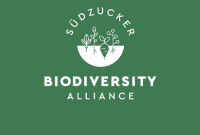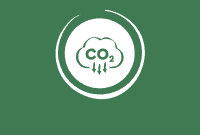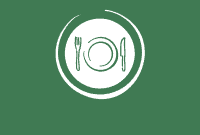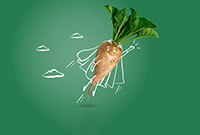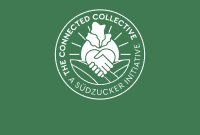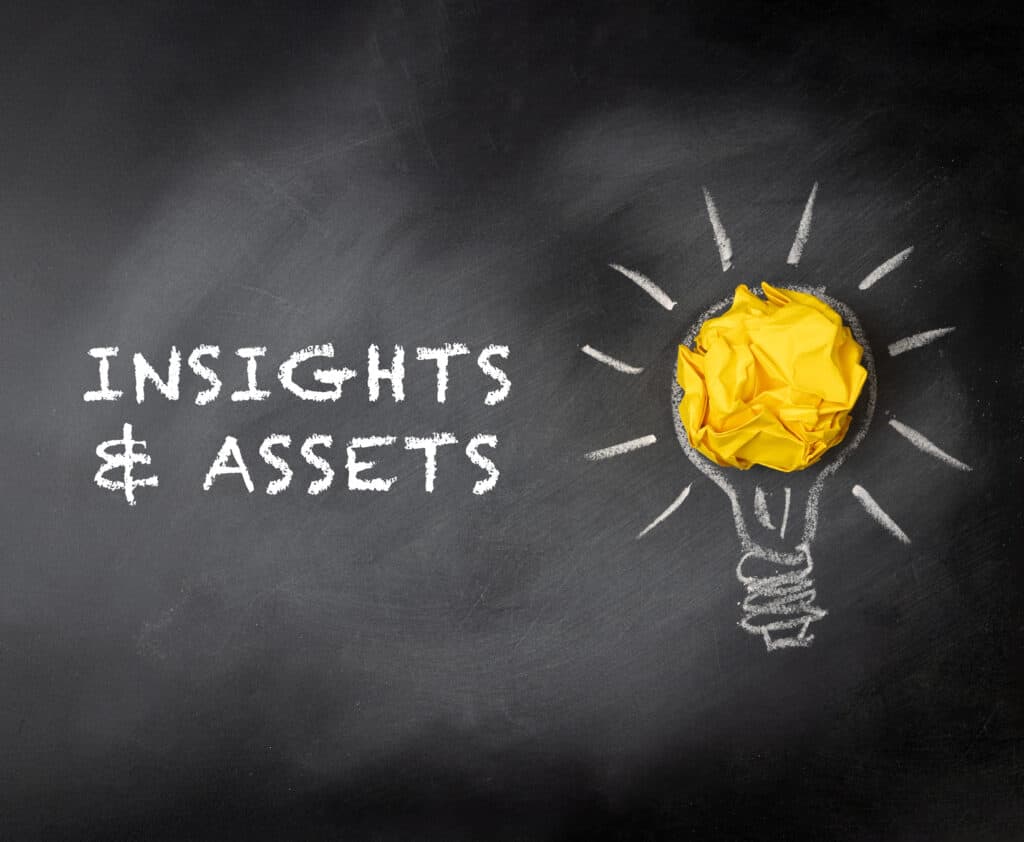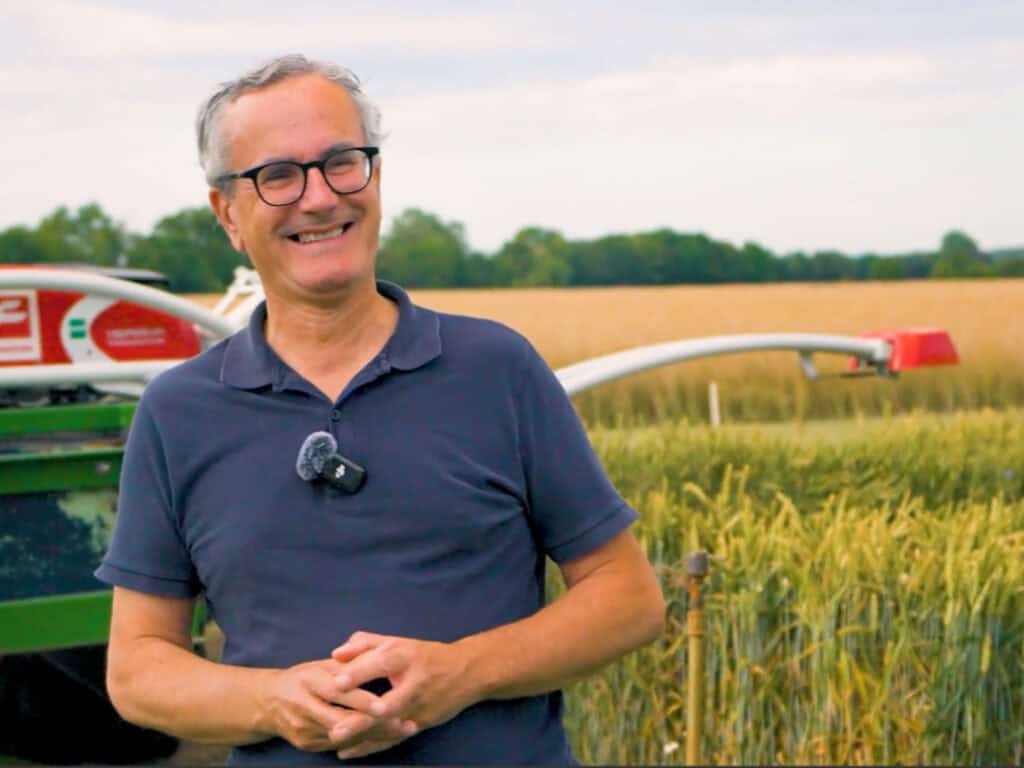
Team Up for Sustaining Tomorrow: Sustainability is a Journey of Continuous Improvement
We had the opportunity to talk to Geert Van Aelst, Head of Sustainability at Südzucker Sugar Division, about sustainability and his perspective on sustainable farming. In the interview he shares his perspective that sustainability is not a fixed outcome, but a journey of continuous improvement.
Südzucker: Would you please introduce yourself and your role a Südzucker?
Geert Van Aelst: My name is Geert Van Aelst. I’m originally from Belgium, but I’m also half German I would say as I’ve been working in Mannheim, Germany since 2015. For the past four years, I’ve been the Head of Sustainability for the Sugar Division at Südzucker – a role I still hold today.
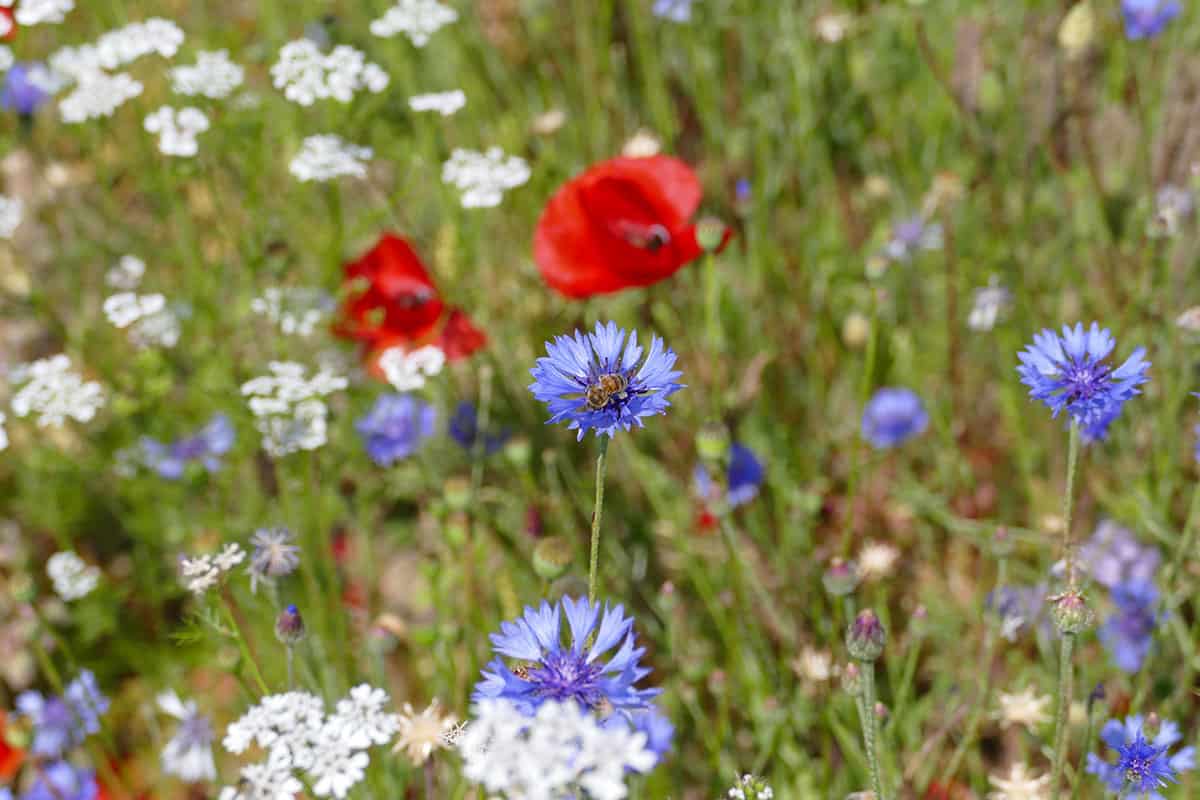
Südzucker: What are Südzucker’s top priorities when it comes to driving sustainability across the value chain?
Geert Van Aelst: At Südzucker, our top priority when it comes to driving sustainability across the value chain can be summed up in a single word: continuous improvement. Sustainability is focusing on targets using specific KPIs and measuring the outcome. At the end of the day we need to make sure that we reach these targets, using continous improvement. We go step-by-step, taking all our stakeholders with us along the way and focusing on those impact areas which are really material for us: further improve sustainable farming and the reduction of CO₂ emissions.
Südzucker: How do you ensure that sustainability goals are not just ambitious but measurable?
Geert Van Aelst: For me, it all starts with understanding the stakeholders. Continuous improvement can only work when you start to know very well who all your stakeholders are. In our case, our customers and our suppliers, the local beet farmers. When you understand their needs and risks related to sustainability you try to focus then on sustainable farming and CO2 emission reductions, this is the way how you can start to create value. It starts really from their needs and to take into account their concern. So that means as well that sustainability is not only about reducing your impact, but also about understanding the risk and doing risk mitigation.
Südzucker: How do you balance economic performance with ecological responsibility in your sustainability strategy?
Geert Van Aelst: I think Sustainability really needs to have as well an economical aspect. At the end of the day, sustainability can only be sustainable, when there is value.
You have to look into your stakeholders’ needs and try to embed your strategy both in the needs of your own company but also the needs of your value chain: your customers and all your farmers.
This for me is very important, because only then you will develop value and it will make some sense. Value is not always economical, for example when you look into your own employees. Being part of a company that puts sustainability high on the agenda, gives them a kind of ease of mind, a good feeling. So value is also something which is often non-economical, but at the end of the day it’s very important to look into an economical way of looking into sustainability and sustainability way of looking into sustainability. So both should really go hand in hand.

Südzucker: What’s the long-term vision behind “The Connected Collective”?
Geert Van Aelst: “The Connected Collective” is telling our customers that the transition towards more sustainability in agriculture is not solely the responsibility of farmers – and not of Südzucker alone neither. It’s a shared responsibility of the whole value chain. I think that value is important, stakeholders are important, understanding their needs, everybody should be part of the value chain. This means everybody should benefit, and everybody should also contribute.
“The Connected Collective” is more than just a target picture – and if you drive that in a very deep sense, meaning that we create benefits for everyone in the value chain, everyone will also have a certain value contribution and then we create a system which is I think an ecosystem that is kind of creating automatically this improvement.
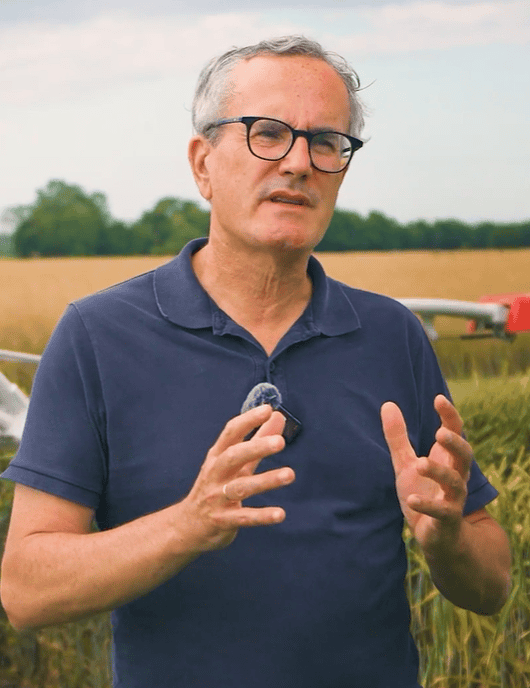
Geert Van Aelst is Head of Sustainability at Südzucker’s Sugar Division, where he leads initiatives in biodiversity, sustainable agriculture, and climate-resilient food systems. He joined Raffinerie Tirlemontoise, a Südzucker subsidiary, in 2001 as a marketing manager. In 2015 he became responsible for all marketing & innovation B2C/B2B for the Sugar Division in Südzucker’s Headquater in Mannheim, Germany. From his close contact with customers, he learned the need to know more about sustainable farming. This was at the basis of the decision in 2021 to start as Head of Sustainability for the Sugar Division, closely collaborating with the cooperate level. His main tasks are the implementation of the sustainability strategy, developing targets for 8 impact areas and reporting on the progress, with a close eye on the fast changing regulatory environment.
Südzucker: How does Südzucker support farmers in transitioning towards more sustainable practices?
Geert Van Aelst: If you want to help a farmer to become more sustainable, this is mainly about mitigating risks. Any change to more sustainable practices, creates a certain risk or could lead to cost-increase. So the key question is: how can we convince the farmer to take that risk? That is basically risk avoidance and therefore, you need to have technical support. We need to explain the principles and techniques they can apply, for example, how to reduce fertiliser.
At the same time, I think it’s also important to give them financial support — or at least, a financial guarantee that in case of lower yield because of the change, the farmer knows that he can get the kind of financial contribution or support. Both aspects are very important. Still, I strongly believe in science: testing new practices on our research farms, is probably a very important aspect in creating this knowledge on what is the most optimal way to drive sustainability forward.
Südzucker: What’s the most difficult but also rewarding part of leading sustainability in a company of that size and that complexity?
Geert Van Aelst: I think the big challenge is still explaining what sustainability is all about. It’s a kind of container concept — what exactly is it, what are we really doing? That’s a big challenge.
At the same time, and this is also linked to the rewarding part of the work. When you see things moving forward, when you can create this continuous improvement, when you can make farmers happy, and when we can contribute to create value for customers — even in small steps — that’s also giving me energy every day to continue what I’m doing.
Südzucker: Why should someone collaborate with Südzucker and why should we Team Up for Growing Tomorrow?
Geert Van Aelst: There are many different reasons. But if I can say one thing, it’s that the continuous progress that we prove is scientifically ground. We bring real progress that is according to the latest scientific standards. We double-check — even triple-check — all the data. So, I think one of the challenges of sustainability is all about greenwashing and this is something that I think is very important – we make sure that whatever we do that it is indeed true that it is credible, relevant and transparent. I think this is something that hopefully sets us a bit apart from all the others.
Südzucker: If your job had a slogan, what would it be?
Geert Van Aelst: So if my job had a slogan, it’s easy. It would be ‘the continuous improvement process’.
Südzucker: Thanks for taking your time and for the valuable insights into your work.
